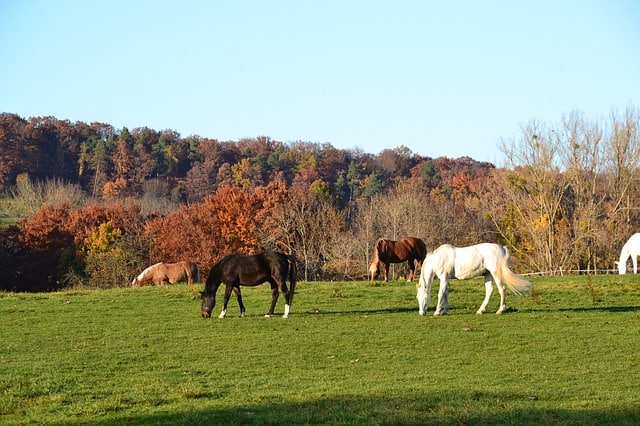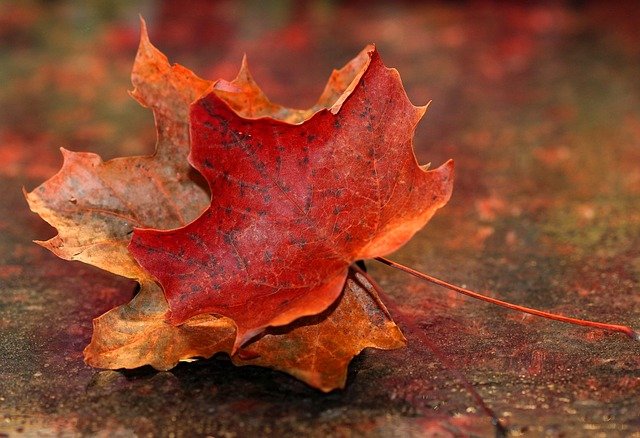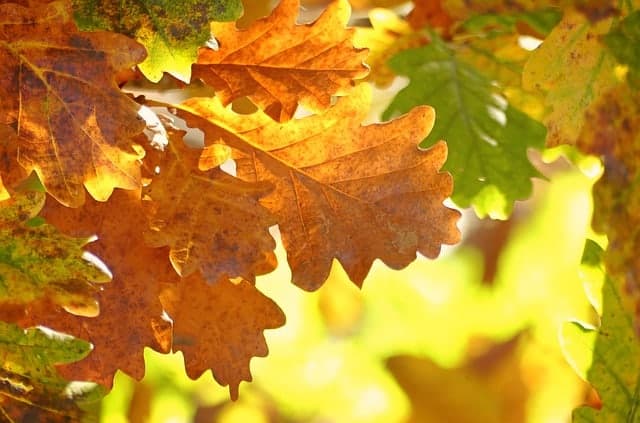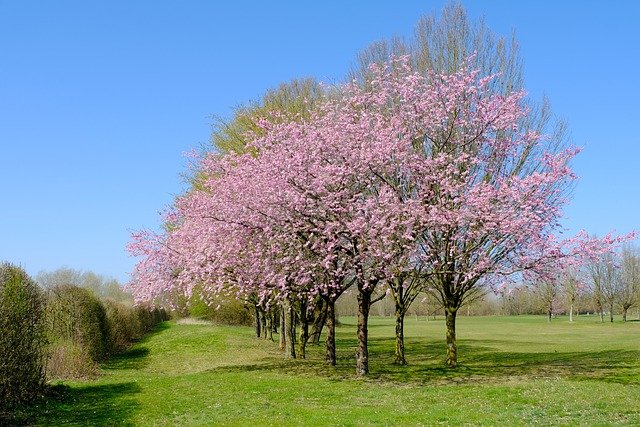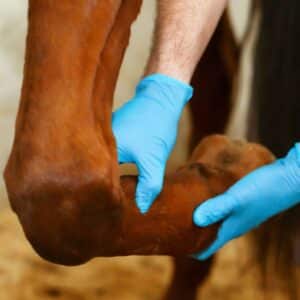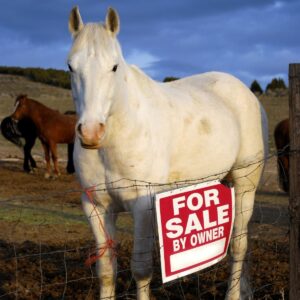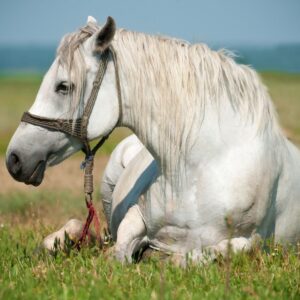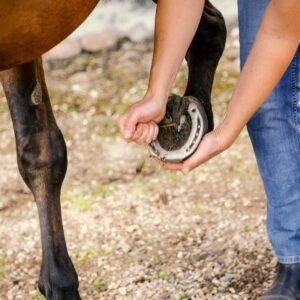Fall is all about cool temperatures, pretty colors, and pumpkin-flavored everything. There's a lot to love, but this picturesque time of year also presents a real threat to horse health and safety. As soon as those changing leaves fall from the trees and touch the ground, there's a risk they could poison your horse.
Horses don't usually eat fallen leaves, but curiosity, lack of nutrition, and limited grazing can cause any horse to alter their eating patterns. Most horse owners aren't aware that fall leaves are dangerous. It's important to know the risks and take steps to protect your horse.
In most areas that experience all four seasons, fall leaves are impossible to avoid. They fall from the trees, are carried by wind, and end up just about everywhere. That includes horse pastures. Horse pastures that are surrounded by trees or have trees in them can end up with countless leaves littering the fall grass. In some cases, it's not an issue. Certain types of leaves, however, are toxic to horses and cause anything from minor illness to death.
Here are a few of the most toxic types of trees that can be dangerous for horses.
Red Maple
Red Maple leaves are among the most toxic types of leaves for horses. According to Horse Journals, consuming only 1.5 pounds of these types of leaves can cause serious illness. With three pounds or more, the horse will likely not survive. The leaves destroy red blood cells and cause symptoms including respiratory distress, jaundice, and increased heart rate.
Oak
Oak leaves and acorns contain a toxin called tannic acid. In certain amounts, tannic acid can damage a horse's kidneys and cause gastroenteritis. If there are oak trees in your pasture, it's recommended to fence them off, regularly trim hanging branches out of your horse's reach, and clean up leaves and acorns once they start to fall.
Cherry and Plum
These pretty flowering trees are nice in spring but dangerous to horses in fall. Not only do the fruits contain pits with cyanide, the wilted leaves can re-release cyanide during decomposition. Once that poison reaches a horse's digestive system, it can potentially be fatal. Symptoms of this kind of poisoning include heavy breathing, weakness, and convulsions.
As the leaves start to fall in your home town, take a good look around your horse pasture. Being able to identify nearby trees is the first step in protecting your horses. If you spot any of these toxic trees, it's vital to regularly clean up fall leaves when they end up in your pasture. You can also ensure your horse has access to a nutritious diet, so they'll be less likely to munch on fallen leaves.
If you suspect your horse is suffering from some kind of fall leaf toxin, contact your vet right away.
Horse Courses by Elaine Heney
- Listening to the Horse - The Documentary by Elaine Heney & Grey Pony Films
- Shoulder In & Out Training for better balance, bend & topline development with your horse
- Over 110+ Polework Exercises & Challenges to Download
- Dancing at Liberty & Creating Connection with Your Horse (11 lessons) - Grey Pony Films

